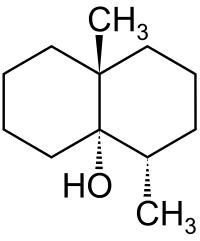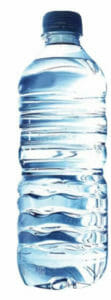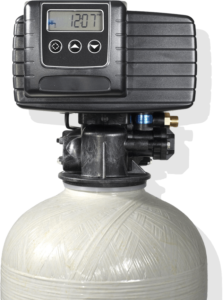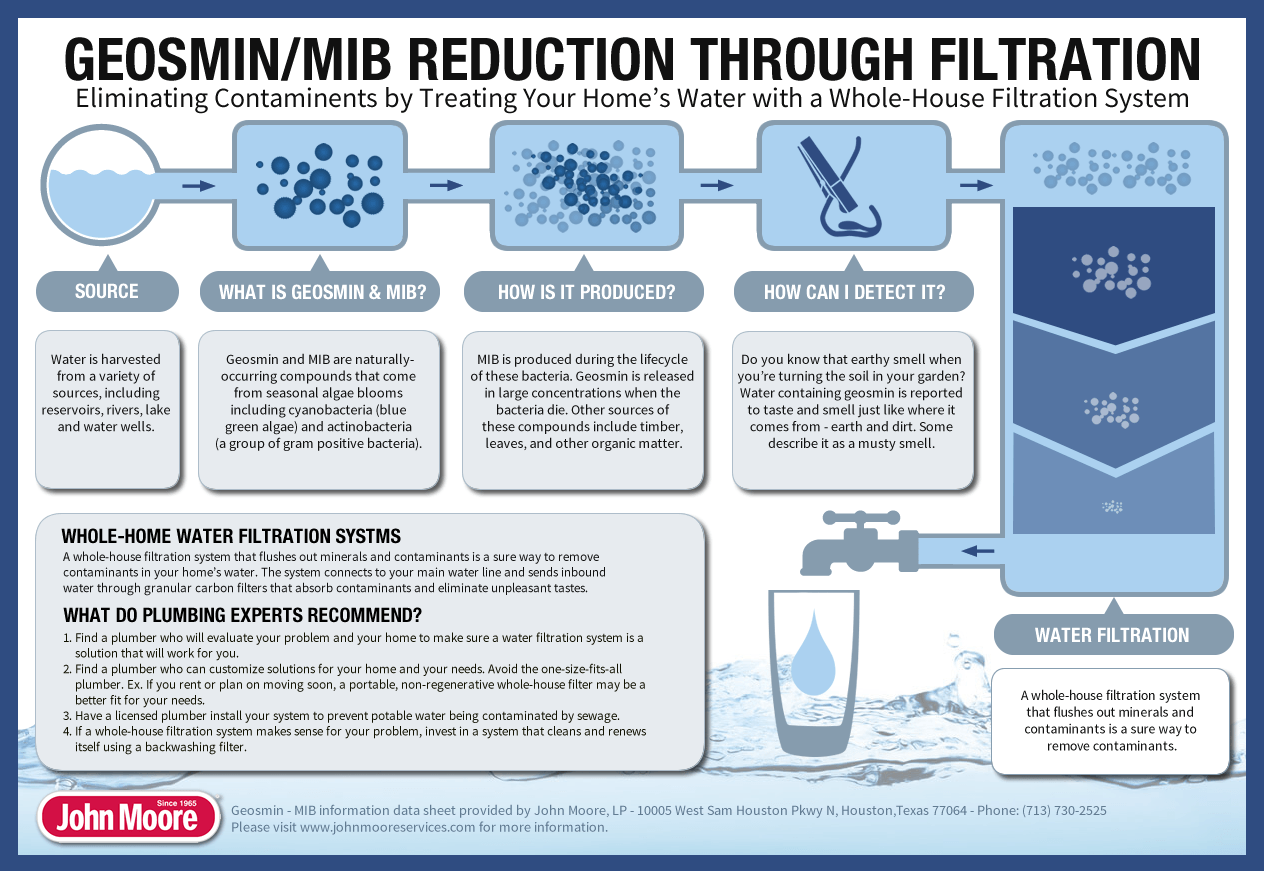
Geosmin in Houston Water
Reduce Contaminants with a Water Filtration System
Last month, the City of Houston’s Department of Public Works and Engineering announced that they detected increased levels of geosmin and MIB in the untreated surface water supplies. If your last sip of tap water was followed by a verbal or mental “Ugh!”, it is likely you are one of the millions of Houstonians now acquainted with the taste and smell of geosmin and Methylisoborneol (MIB).
At John Moore, we are dedicated to providing Houstonians with services and resources that improve the quality of your life at home, so we talked to our water quality experts to learn more about geosmin and MIB and what you can do to remove the funky taste and smell in your water.
What are Geosmin and MIB?

What does Geosmin smell like? How does it taste?
Do you know that earthy smell when you’re turning the soil in your garden? Water containing geosmin is reported to taste and smell just like where it comes from – earth and dirt. Some describe it as a musty smell. It may be a smell you appreciate when you’re outside enjoying nature, but having to taste it and smell it in your water everyday would motivate even the most outdoorsy person to have their water examined. Because humans are sensitive to the smell of Geosmin, our noses can pick up the smallest concentrations.
How to Treat Geosmin and What You Can Do At Home

Besides: bottled water isn’t a realistic, long-term solution for all of your everyday water needs. It can become very expensive, and there is no guarantee that the bottled water you buy is safer to drink than the water coming out of your tap. According to WebMD, the Food and Drug Administration (FDA) restrictions for bottled water are less stringent than municipal water quality codes enforced by the EPA.
The good news is that you have the power to fix this issue right in your home.
Treat Your Home’s Water with a Whole-House Filtration System

These whole-house filtration systems have proven to significantly reduce the amount of chlorine, chloramine, and other disinfection by-products that pollute Houston’s water supply. Unlike water softeners that primarily address “hardness” in your water, whole-house water filtration systems remove a wider range of contaminants including geosmin and MIB. Imagine that every drop of water coming into your home is optimally treated to provide you and your family many worthwhile benefits: fresher tasting water, lower exposure to contaminants, and even healthier skin and hair.
What Do John Moore’s Plumbing Experts Recommend When Installing a Whole-House Filtration System?
- Find a plumber who will evaluate your problem and your home to make sure a water filtration system is a solution that will work for you.
- Find a plumber who can customize solutions for your home and your needs. Avoid the one-size-fits-all plumber. Ex. If you rent or plan on moving soon, a portable, non-regenerative whole-house filter may be a better fit for your needs.
- Have a licensed plumber install your system to prevent potable water being contaminated by sewage.
- If a whole-house filtration system makes sense for your problem, invest in a system that cleans and renews itself using a backwashing filter.

Click on graphic to enlarge and feel free to use on your website by copying and pasting the snippet below. Please include attribution to John Moore Services with its use.
<a href="https://www.johnmooreservices.com/"><img src="https://www.johnmooreservices.com/wp-content/uploads/2016/09/Geosmin-MIB-Rev2.png" alt="Geosmin and MIB in Water" width="540px" border="0" /></a>
